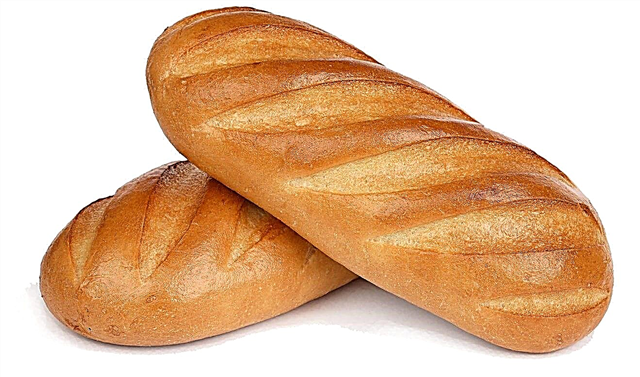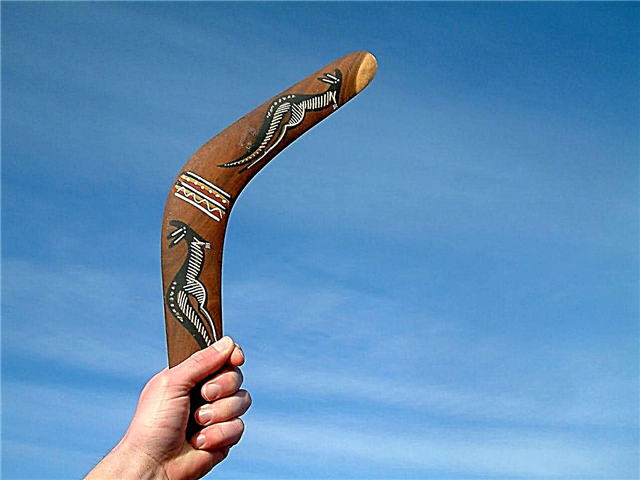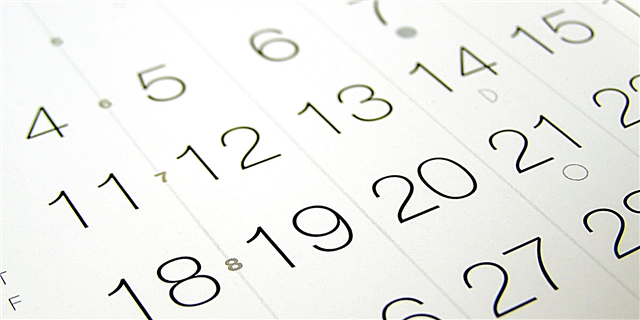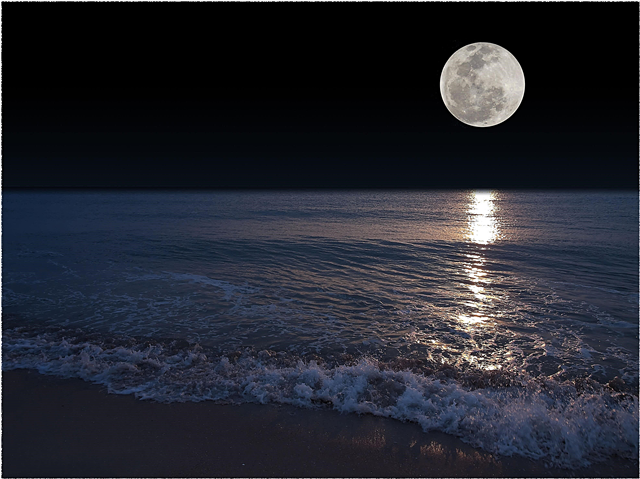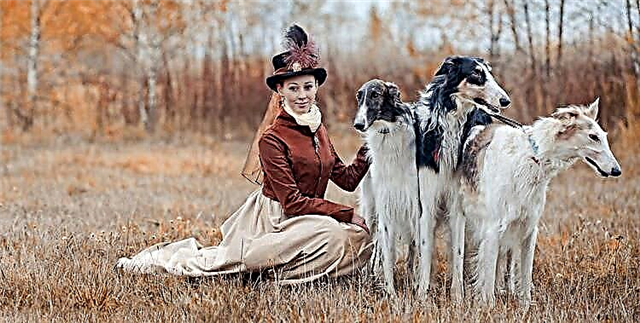
There are a lot of fun aspects to British law. But why does the law give the monarch such a right?
It turns out that there is a logical, very simple answer to this question. It happened historically. But what is so high the value of swans?
Why were white swans appreciated in the Middle Ages?
British law provides for the protection of swans, their special status and belonging to ruling persons since the 15th century, however, there is no reason to say that there is any special legend in this regard. Everything is much simpler: in those days, swan meat was considered a delicacy, which should be brought to the table exclusively by noble people. This situation is not surprising: everywhere in Europe laws were introduced that game in the forests can only belong to the feudal lords who rule in these places, commoners were forbidden to touch it.
Even if permission to hunt deer, for example, the meat of the animal was supposed to get on the table of representatives of the second estate, the peasants, even participating in the hunt, could only keep their guts. The game belonged to those who owned the surrounding lands. And since the swan was considered a bird worthy of serving on the table to the kings, the royal people also became its owners - ancient laws secured this right for them.
While most countries have actively updated legislation to get rid of such archaic decrees, Britain honors its traditions, many laws have remained unchanged for centuries.For more than five centuries, commoners have been forbidden to eat swans here, and in 1483 a strict law was passed that not only prohibited the breeding of this bird, but also imposed a serious fine, as well as a year in prison for stealing a swan egg. Further, on the breeding of snow-white birds, licenses began to be issued on behalf of the king, only certain individuals received this right.
All swans over the past 500 years of history have been under control and observation - there were even special marks that were applied to the beaks, indicated the owner of the bird. In a situation where a swan without a mark came across, it automatically became the property of the king.
How long have swans been a delicacy?
However, over time, the passion for swan meat subsided - already in the 18th century it was no longer considered a delicacy. Somewhat later, swans ceased to be marked, a wild bird was able to quietly exist and breed without the close attention of a person. Today, there is no gastronomic interest in the royal bird, but the law has been abandoned - probably in memory of the old days.
Ancient Traditions and Swans in the UK
Modern laws presuppose the right of ownership of monarchs to those swans that live in the Thames and with it, as well as in tributaries of the river. An interesting tradition has formed that ensures the attention of authorized persons to the royal bird - even once a year. Every year in England, a strange ceremony is held, called an inventory of swans, in which the Thames birds are caught, ringed, and then sent back to freedom.Elizabeth attended her in 2009 - earlier ruling persons rarely took part in such events, leaving them to their assistants. Before her, kings were not present at the ringing of swans for several centuries.
It is also worth pointing out that traditions regarding ownership of swans are not the only ones in modern Britain. Here the queen has the right of ownership to other natural resources of the country - in particular, to whales, sturgeons and dolphins in all coastal waters of the country. This right was granted to monarchs even earlier - the law dates from 1324. The law remains relevant today, it has not been canceled, although no one conducts an inventory of salmon.
Thus, the question of whether swans belonged to the Queen in Britain is an aspect of local traditions rooted in the Middle Ages, and today they remain mostly on paper - as well as in the form of some ceremonies.

